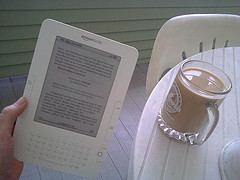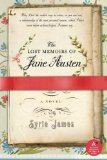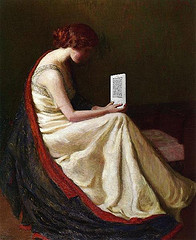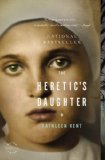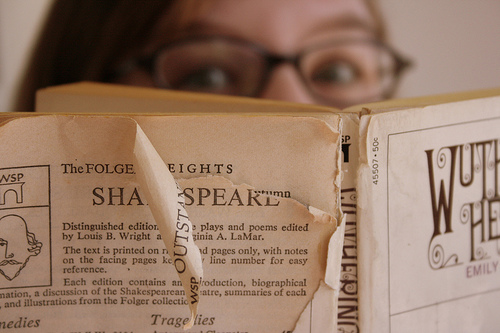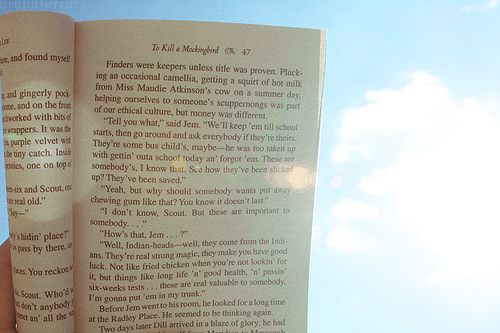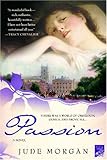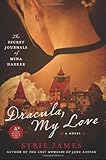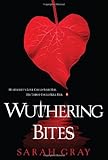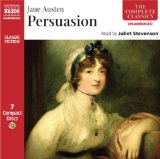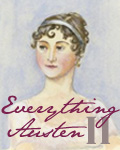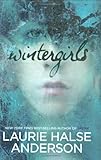 Laurie Halse Anderson’s novel Wintergirls is the story of Lia Overbrook, whose former best friend Cassie has just been found dead, alone, in a motel room. Lia is anorexic, and her friend Cassie was bulimic. Cassie begins to “haunt” Lia after her death, beckoning her to the other side to join her. Lia begins to succumb to her disorder and descends into depression and psychosis. Lia is crying out for attention from her parents, but they don’t see her as she really is, and Lia has no one to turn to who believes her, who understands.
Laurie Halse Anderson’s novel Wintergirls is the story of Lia Overbrook, whose former best friend Cassie has just been found dead, alone, in a motel room. Lia is anorexic, and her friend Cassie was bulimic. Cassie begins to “haunt” Lia after her death, beckoning her to the other side to join her. Lia begins to succumb to her disorder and descends into depression and psychosis. Lia is crying out for attention from her parents, but they don’t see her as she really is, and Lia has no one to turn to who believes her, who understands.
I didn’t read this book with a mind toward counting as part of the R.I.P. Challenge, but I am, because it is without a doubt one of the most frightening books I have read for some time. If you are the parent of a teenage girl, or will ever be the parent of a teenage girl, you should read this book. I never had an eating disorder, but I was really thin as a teenager, and I know people probably thought I was anorexic. I developed a very real complex about my body. I thought I was fairly hideous. I used to wear sweat pants under my jeans so that I would look just a little healthier and heavier. I wish I had been able to hear that I was normal and OK and fine the way I was. I never tried to harm myself, and age and metabolism eventually took care of my body image problems, but I think most girls have body image issues of some type, even if they don’t go to the extremes Lia does, and we do not do enough in our society to tell our girls that they are beautiful and strong and fine the way they are.
Laurie Halse Anderson’s novel is haunting and realistic. Her writing style is often poetic, pitch-perfect stream of consciousness that works well for depicting Lia’s descent into the maelstrom. I found myself pulling hard for her the whole time, being angry with her, being frustrated with her, and being angry with the adults in her life for not seeing her. Laurie Halse Anderson is one of the best YA writers working right now, and her messages are so important for our kids to hear, to read. It sickens me that her books have been the subject of challenges even as recently as last week. I read this book for Banned Books Week this week in honor of Laurie Halse Anderson and the important writing she does for our kids—for all of us. Those who would seek to silence writers like Laurie Halse Anderson because they seek to be honest in the way they portray us to ourselves are only hiding from the truth and hiding the truth from their children. One way or another, the truth has a way of coming out. I hope book banners’ children don’t have to become Wintergirls in order for their parents to see, and I can’t imagine how anyone who has lost a child to an eating disorder would try to keep this book out of the hands of any child. In fact, I’m pretty sure they would give anything if their daughters could have read it.
Rating:




This is my third book for the R.I.P. Challenge. One more book will complete the challenge. I’m also currently reading Dracula, My Love, which will count towards my challenge goal of four books. However, I also have two other R.I.P. worthy books in the hopper.


